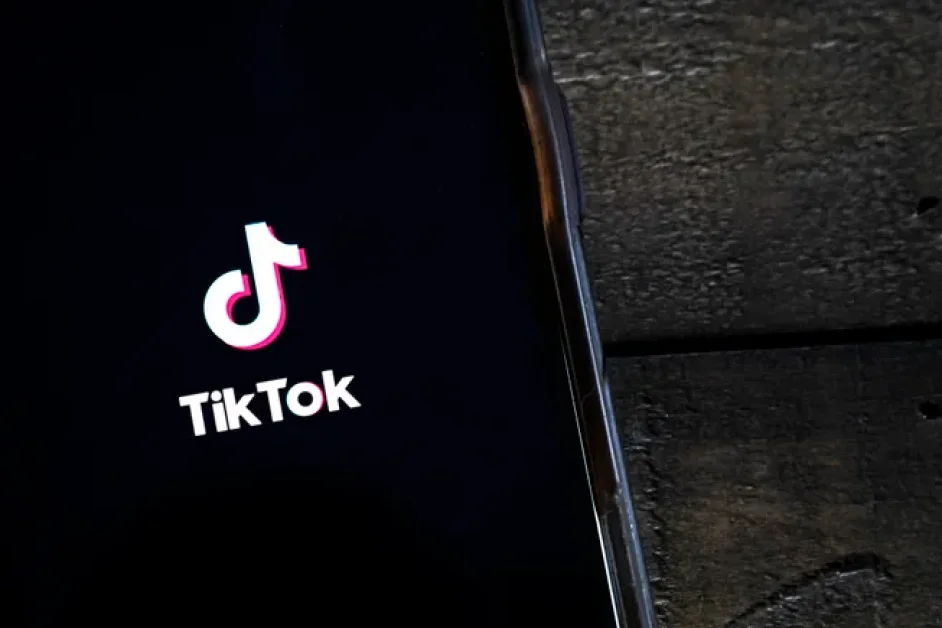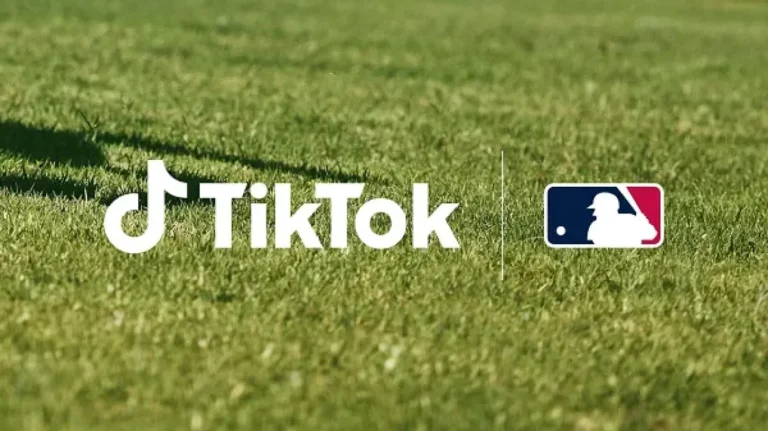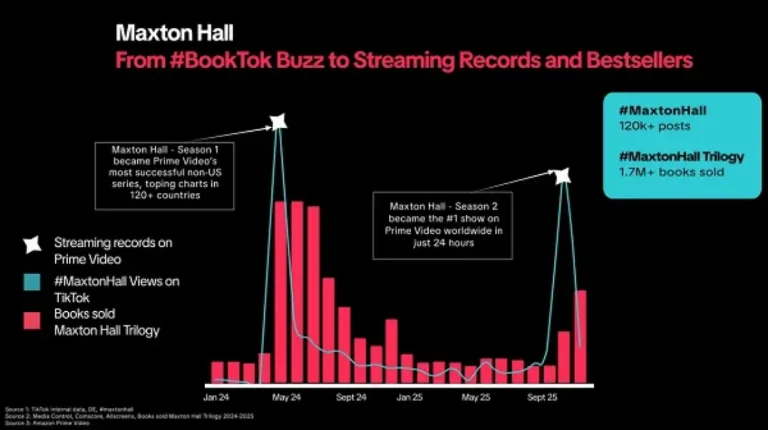So where are we at with TikTok and what’s coming next for the Chinese short video app?
Well, apparently, going on official reports as of right now, TikTok will be removed from the U.S., with the Senate-approved sell-off bill going into effect on Jan. 19, which is Sunday.
But there are rumors of various potential scenarios that could keep TikTok going, yet, with only days remaining, how possible any of these alternatives are remains to be seen.
Here’s an overview of the current options that are reportedly on the table for TikTok in the U.S.
Scenario 1: TikTok is banned in the U.S. as of Sunday
As noted, the most likely scenario, based on publicly available information thus far, is that the TikTok sell-off bill will be enacted, as originally planned, on Sunday.
When that happens, it was initially expected that TikTok would remain available via the downloaded apps on people’s phones, and that functionally, U.S. users would still be able to access the app for a time, though new downloads would be immediately cut off.
But TikTok is apparently planning to cut off U.S. users entirely if/when the bill goes into effect, with a redirect in place that sends them to an explanation as to why the app has been made inaccessible.
TikTok’s also building in a contingency that would enable it to switch the app back on quickly, if the bill can be reversed at a later stage.
But right now at least, that does seem like the most likely outcome, that TikTok will go dark for U.S. users, at least for a period of time, due to other options failing to reach approval.
Scenario 2: Trump saves the app
Incoming President Donald Trump has repeatedly noted that he wants to save the app, on which he now has millions of followers. Trump found new value in TikTok in his recent presidential campaign, and therefore has more of a connection to the app and more impetus to try and save it.
But his avenues for doing so are limited.
That’s especially true because he’s not in power as yet and won’t be inaugurated till the day after the TikTok sell-off bill goes into effect. As such, Trump has sought to delay any decision on TikTok till after he takes the oath of office, but that application hasn’t been approved by the Supreme Court as yet.
The court itself is still hearing TikTok’s appeal against the bill, which may also find that TikTok has a case, and delay the implementation of the act. But all indications are that the court will uphold the original bill as approved by Senators last year.
The most recent reports have suggested that Trump could issue an executive order that would direct agencies not to enforce the TikTok ban, effectively nullifying the approved bill. But again, he couldn’t do that till after the ban takes effect.
Essentially, there are limited avenues for Trump to take and they’re all fairly drastic. And none of them will stop the TikTok ban going into effect, at least initially.
But it is also worth noting that TikTok CEO Shou Zi Chew is planning to attend Trump’s inauguration ceremony next week. That could suggest that there’s some partnership brewing to enhance TikTok’s chances of either staying or coming back.
Scenario 3: A U.S.-based buyer takes over
Another possible outcome is that a U.S.-based buyer can be found for the app, though this also seems unlikely given the short turnaround time for such.
TikTok has repeatedly noted that the deadline is too short to arrange a sale, and that was when it had 270 days. So the likelihood of it being able to organize a sale within its remaining hours seems slim.
Still, reports have indicated that:
- Businessman Kevin O’Leary and investor Frank McCourt have a deal assembled that would enable them to buy the app, if it’s approved by Trump. It would also have to be approved by the Chinese government. No such approval has been granted at this stage.
- YouTuber MrBeast has also arranged a deal to purchase the app, but the details are limited and it’s unclear if this is a legitimate offer
- The Chinese government, meanwhile, has indicated that it would prefer that Elon Musk purchase the app to keep it running in the U.S., though there’s been no indication that Musk and/or TikTok owner ByteDance would be interested in this arrangement.
- Back in 2020, TikTok’s U.S. business was almost sold to a consortium led by Oracle/Walmart, a deal that Trump approved, and could theoretically be resurrected if the parties were interested. Although, there’s been no discussion of this happening.
So there are, at least in theory, options available that could keep TikTok in the U.S., if ByteDance and the Chinese government looked to move forward with a sale.
A key proviso, however, could also be that Chinese authorities have committed to not selling TikTok’s all-powerful algorithm, which would significantly impact the value of the platform.
Without that, it’s not clear what a separate U.S. TikTok would be, even if a sale could be arranged in time.
Scenario 4: Biden saves TikTok
In one of the more bizarre turns in the TikTok sell-off push, Biden administration officials are now also apparently looking into how to save the app in the U.S., despite approving the original sell-off bill.
According to reports, the Biden team is looking for alternatives to keep the app running for Americans and has said that users “shouldn’t expect to see TikTok suddenly banned on Sunday.”
So, cool, I guess. Biden and Co., who signed off on the deal, are now pledging to ignore it.
I don’t know, seems strange, but maybe that’s another possibility. Maybe Biden’s team will look to extend the deadline for the bill into Trump’s term, thereby giving Trump more time to negotiate an alternative.
On balance, however, the most likely outcome, again, seems to be a suspension of TikTok in the U.S., with the app to potentially return at a later date. It does seem like Trump will make it something of a priority to get it up and running again, but it may not be possible to halt the current sell-off push entirely.
But then again, there are options, and all of this may amount to nothing, and TikTok could end up rolling on, unaffected, despite the months of Senate hearings and legal wrangling.
Which would seem like an expensive exercise in the futility of bureaucracy, but maybe, that is what we’ll get.





